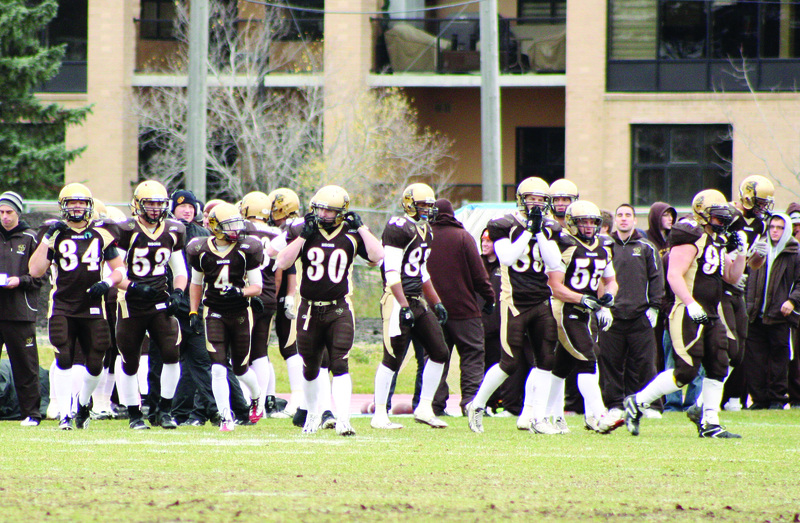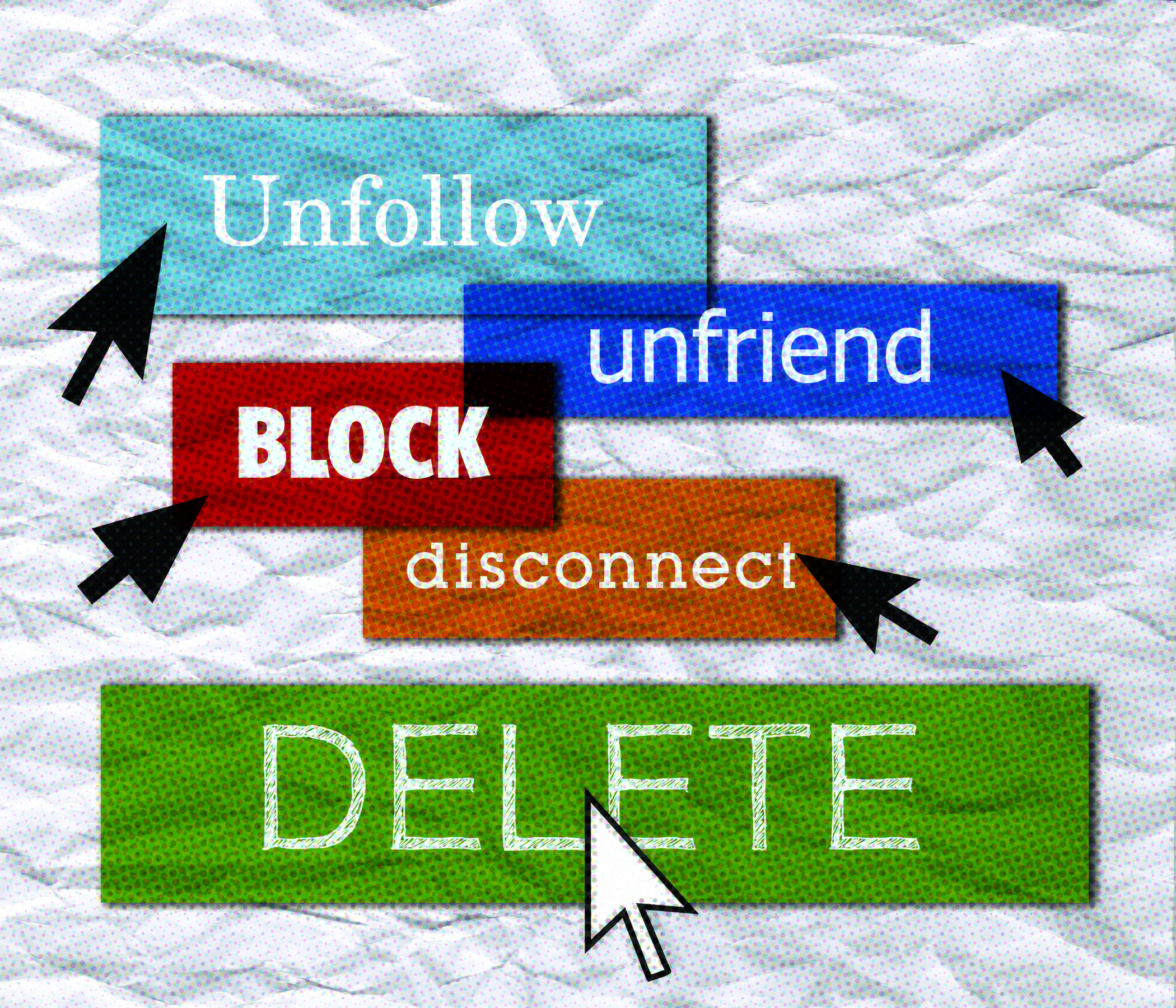Bill Gates has recently announced in his 2010 annual letter that he will be offering grants from his foundations to further the usage of online learning.
One aspect of online learning is the availability of video lectures online. Many free lectures from universities appear on such websites as AcademicEarth.org, whose goal is to “bring the best content together in one place and create an environment in which that content is remarkably easy to use and where user contributions make existing content increasingly valuable.”
There are over 15,000 videos available on AcademicEarth.org from MIT, Stanford, Berkley, Harvard, Princeton and Yale, all of which seek to provide free access to quality education for everyone.
Academic Earth’s platform says, “We are building a user-friendly educational ecosystem that will give internet users around the world the ability to easily find, interact with and learn from full video courses and lectures from the world’s leading scholars.”
According to Gates, online learning goes beyond mere lecture videos.
He said, “Another element involves presenting information in an interactive form, which can be used to find out what a student knows and doesn’t know. [ . . . ] We need to bring together the video and interactive pieces for K–12 and college courses.”
According to Dr. Cyril W.C. Kendell from the University of Toronto, additional face-to-face learning and communication between students and professors enhances the online learning experience because it provides both explanation and motivation.
He also said a main benefit to online learning is the ease of access to course work. In addition, he said it is very important that students can receive feedback from their online learning experience in order to measure their progress.
According to Gates’ letter, an important benefit to online learning is that students can spend time focusing on their areas of weakness, while providing them with positive feedback. He wants to see at least one exceptionally well taught course available for each subject, as opposed to a vast array of lower quality courses being offered.
Although websites like Academic Earth do not provide credit for the courses taken, Gates suggests that a trusted accreditation service separate from any school should be able to verify the knowledge and skills students acquire.
According to a 2009 press release in The Chronicle, Marshall Smith, senior counsellor to U.S. secretary of education Arne Duncan, wrote that “financial concerns, authors’ fears of exposing mediocre content, the weight of traditional practice and legitimate reasons for protecting intellectually property” are some of the concerns that might impede open access to free online learning.
He wrote, “Some publishers and professional academic organizations believe they have a lot to lose.”
According to Gates, “So far technology has hardly changed formal education at all. But a lot of people, including me, think this is the next place where the Internet will surprise people in how it can improve things — especially in combination with face-to-face learning.”




